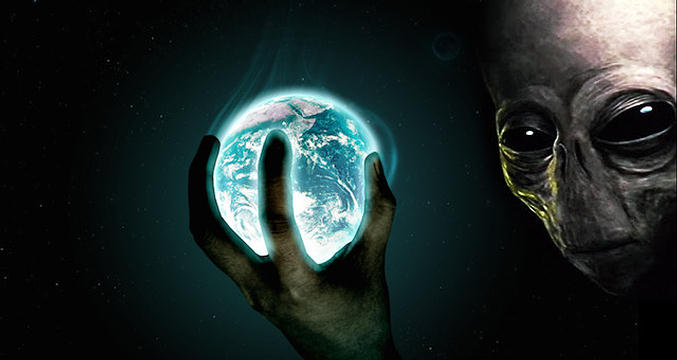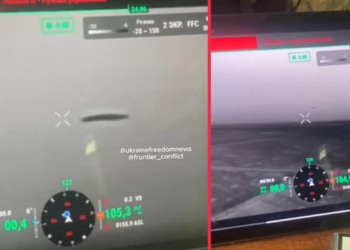The galactic zoo theory suggests that Earth may be under quiet observation by advanced extraterrestrial civilizations who deliberately avoid revealing themselves. This provocative idea, explored by scientists at the METI International meeting, offers a fresh angle on the famous Fermi Paradox—and a reason why the universe might feel so silent.
Are we alone, or just being watched?

For decades, astronomers have searched the skies for signals from intelligent life beyond Earth—and come up empty. Yet many experts believe it’s statistically unlikely that we’re the only sentient species in the universe. That paradox—the disconnect between the high probability of alien life and our complete lack of contact—is known as the Fermi Paradox, and it remains one of the most puzzling questions in science.
But what if aliens already know we’re here—and have chosen not to contact us?
That’s the core idea behind the galactic zoo theory, a hypothesis that suggests Earth may be like an interstellar nature reserve: observed but not disturbed. According to this theory, intelligent alien civilizations might be deliberately avoiding contact to allow human society to develop on its own, much like zookeepers silently watch animals in a habitat without interfering.
The galactic zoo theory gets serious scientific attention
While the idea may sound like science fiction, it has been taken seriously enough to be discussed by researchers from around the world. At the Messaging Extraterrestrial Intelligence (METI) International meeting held in Paris, scientists gathered at the Cité des Sciences et de l’Industrie to debate why—despite decades of searching—humanity has yet to detect any signs of alien civilizations.
One possible explanation: we’re being left in the dark on purpose.
“It seems likely that extraterrestrials are imposing a ‘galactic quarantine’ because they realize it would be culturally disruptive for us to learn about them,” said Jean-Pierre Rospars, honorary research director at France’s National Institute for Agricultural Research. In his view, the gap between what aliens may know and what we can comprehend could be so vast that sudden contact would do more harm than good.
Are we ready to meet advanced civilizations?
The galactic zoo theory hinges on the idea that alien civilizations are not only intelligent, but also vastly older and more advanced than ours. In such a scenario, humanity could appear too primitive—or too unstable—for contact. Much like anthropologists who avoid interfering with uncontacted tribes, aliens may be watching us quietly, waiting for our society to reach a certain level of maturity.
This view assumes a kind of cosmic ethics, where advanced species follow a code of non-interference. “There’s no reason to think humans have reached the highest cognitive level possible,” Rospars noted. “Higher levels might evolve on Earth and already be reached elsewhere.”
In other words, the silence we hear in the cosmos may not be because we’re alone—but because we’re still too young.
From Fermi to filters: why the silence may be intentional
The galactic zoo theory adds a philosophical layer to the Fermi Paradox, which famously asks: “Where is everybody?” Since Italian physicist Enrico Fermi posed the question in 1950, researchers have offered a wide range of answers—from the idea that advanced civilizations destroy themselves before reaching us, to the possibility that alien life is too alien to recognize.
But the zoo hypothesis stands out because it implies that the answer lies not in destruction or distance—but in deliberate concealment.
Some scientists go even further, proposing that we’re under a form of “quarantine”—a protective measure taken to preserve our planet’s social and psychological balance. Contact with extraterrestrial intelligence, they argue, could destabilize world religions, upend political systems, and alter human identity on a global scale.
If that’s true, then the silence isn’t a lack of signal—it’s a boundary we haven’t yet been allowed to cross.
When will the silence break?
The galactic zoo theory raises another question: What would it take for aliens to finally say hello?
Some researchers believe we must first signal a readiness for contact—not just technologically, but ethically and culturally. That’s the aim of METI International, which sends intentional messages into space in hopes of initiating dialogue with any civilizations that might be listening.
But even this is controversial. Critics argue that actively broadcasting our presence could invite danger. Others say it’s no risk at all—because if aliens are already watching, they know we’re here.
As our telescopes grow more powerful and our understanding of the cosmos deepens, one thing remains clear: the universe may be quieter than we expected, but that doesn’t mean no one’s out there. In fact, someone—or something—might be watching us right now.











